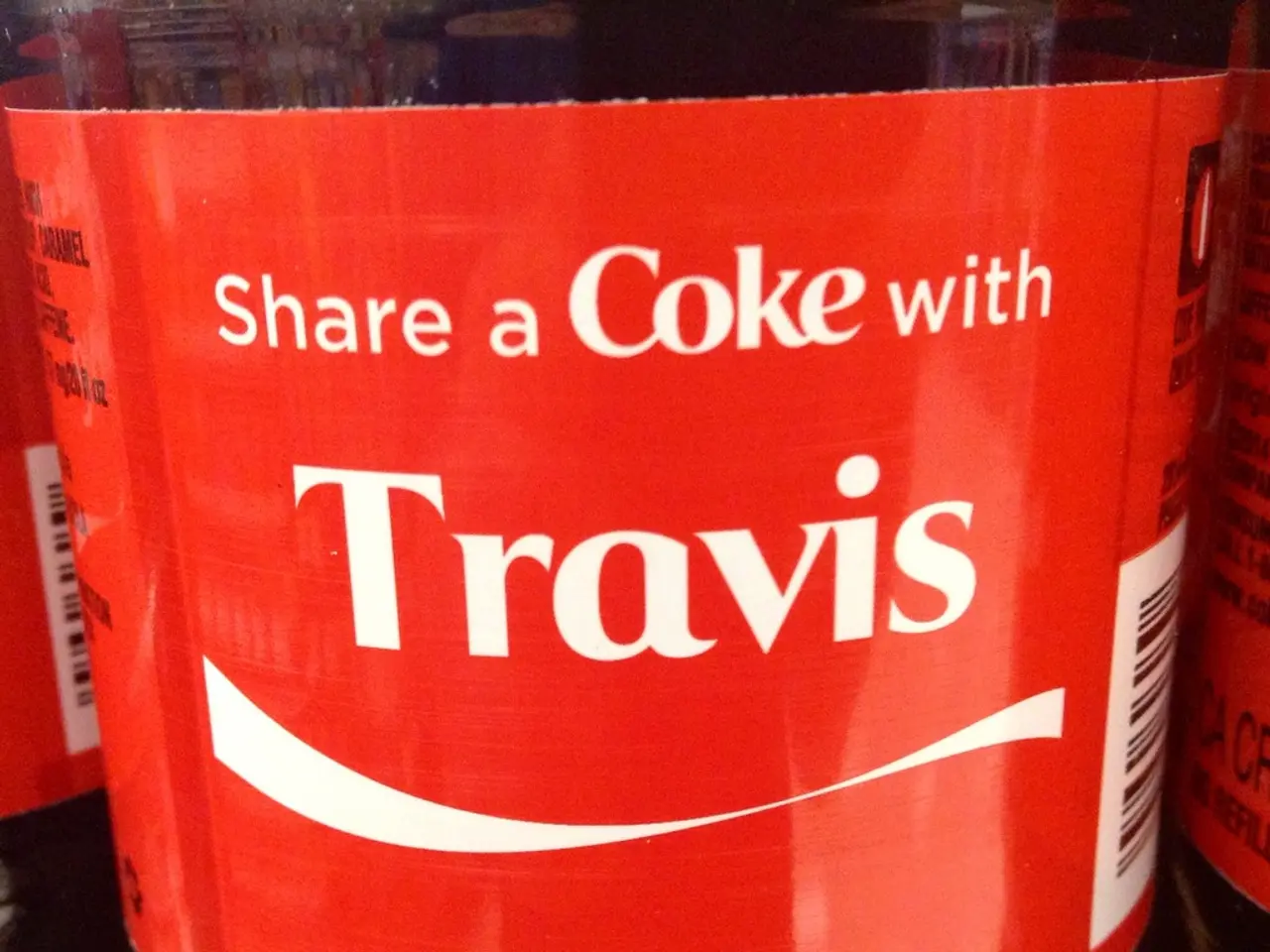Colombia's president criticizes Trump administration for labeling drug war efforts
In a significant development, Colombia's land used for cultivating coca, the base ingredient of cocaine, has tripled in the past decade, reaching a record 253,000 hectares in 2023. This alarming surge in cocaine production has raised concerns globally and sparked a diplomatic controversy between Colombia and the United States.
The Trump administration designated Colombia as a country that is failing to meet its international commitments to fight drug trafficking. This decision, announced in 2023, marked the first time in three decades that Colombia found itself on such a list. The US determination came amid a recent surge in cocaine production in Colombia.
The US Presidential Determination blames Colombian President Gustavo Petro, a leftist leader under the Pacto Histórico political coalition, for the rise in cocaine production. The Trump administration criticised Petro's peace negotiations with "narco terrorist groups" as a failure.
However, Petro has been vocal in his criticism of the US government, denying American extradition requests and criticising the Trump administration's immigration policies and drug trafficking efforts in neighbouring Venezuela. These tensions have contributed to the fraying of ties between the White House and Colombia's first leftist president.
Despite the decertification, the Trump administration issued a waiver of sanctions that would have triggered major aid cuts. This decision ensures that consular services, humanitarian projects, and defense cooperation would not be affected. John McNamara, the charge d'affaires at the US Embassy in Bogota, reiterated this stance, stating that these areas of cooperation would continue.
Sandra Borda, an international relations professor at Bogota's Los Andes University, expects tensions between the US and Colombian governments to increase due to Petro using Colombia's decertification to tap into anti-American sentiment for political gain.
Yet, not all opinions are negative. The UN Office on Drugs and Crime's latest report indicates that Colombia's security institutions and municipal authorities have shown "skill and courage" in confronting drug traffickers. McNamara also emphasised that the US would continue to work with the Colombian people against the global threat of drugs.
Colombian President Gustavo Petro, in response, stated that the Colombian people will decide if they want a "puppet president" or a free and sovereign nation. Petro accused the US of seeking to "participate" in Colombian politics and looking for a "puppet president."
The US Secretary of State, Marco Rubio, has commented that Colombia, despite being a historically great partner, currently has a president who is erratic and not a good partner in fighting drug cartels.
As the situation unfolds, it remains to be seen how the relations between Colombia and the US will evolve. One thing is certain, however: the fight against drug trafficking in Colombia, and indeed South America, remains a pressing global concern.
Read also:
- United States tariffs pose a threat to India, necessitating the recruitment of adept negotiators or strategists, similar to those who had influenced Trump's decisions.
- Weekly happenings in the German Federal Parliament (Bundestag)
- Southwest region's most popular posts, accompanied by an inquiry:
- Discussion between Putin and Trump in Alaska could potentially overshadow Ukraine's concerns








